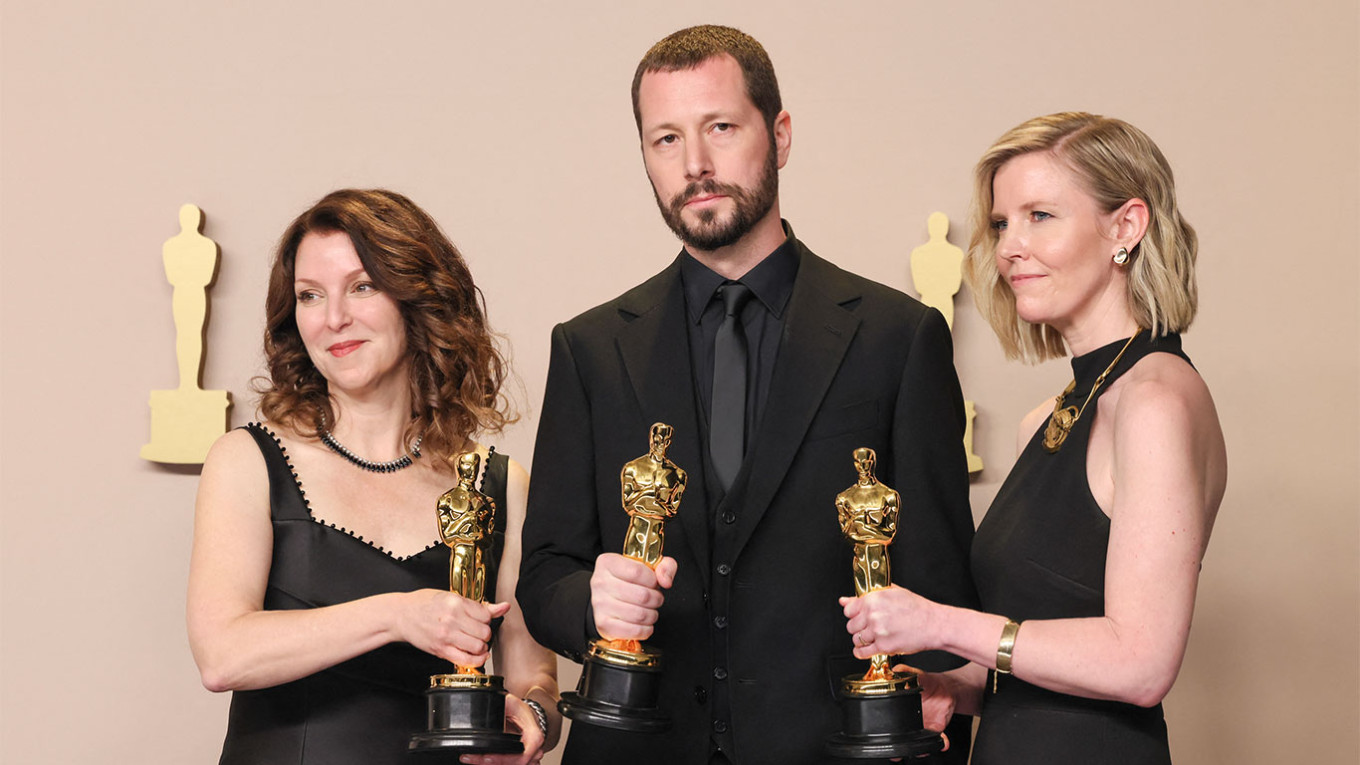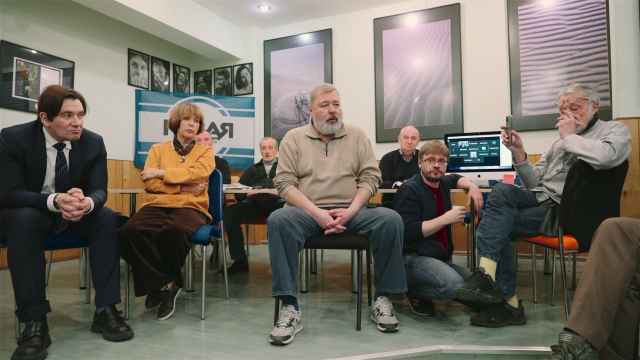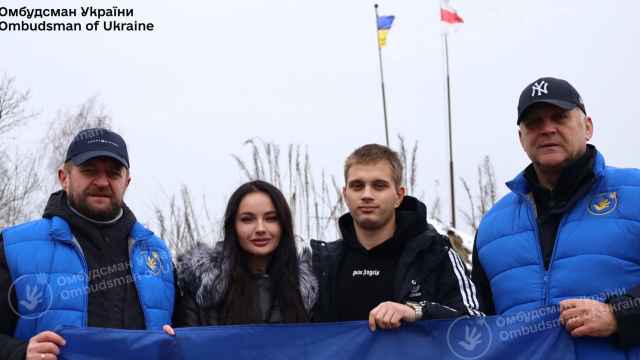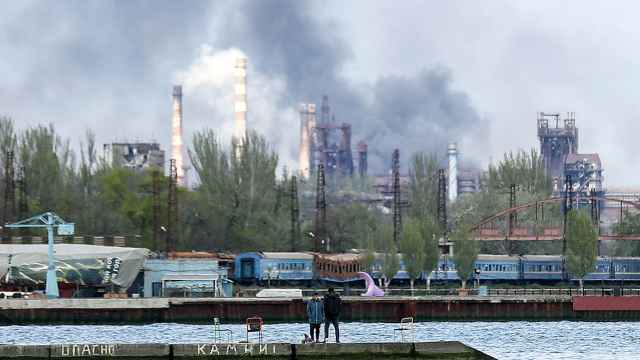Ukraine won its first Oscar for best documentary with “20 Days in Mariupol,” directed by Mstyslav Chernov, on Sunday night in Los Angeles.
The film chronicles the harrowing Russian siege of Mariupol, a once beautiful port city, by the only journalists still on the ground, Chernov and the photographer/journalist Evgeniy Maloletka.
At the Academy Awards Chernov gave a humble and powerful acceptance speech, interrupted by applause and receiving a standing ovation when he and the production group left the stage.
“This is the first Oscar in Ukrainian history. And I’m honored. But probably I will be the first director on this stage who will say I wish I had never made this film. I wish to be able to exchange this for Russia never attacking Ukraine, never occupying our cities,” he said.
“Russians are killing tens of thousands of my fellow Ukrainians. I wish for them to release all the hostages, all the soldiers who are protecting their lands, all the civilians who are now in their jails. But I cannot change the history. I cannot change the past.”
He continued with an appeal to his peers: “But we altogether — you — I’m calling on you, some of the most talented people in the world. We can make sure that the history record is set straight and that the truth will prevail and that the people of Mariupol and those who have given their lives will never be forgotten, because cinema forms memories, and memories form history.”
Later in the press room, Chernov spoke more about the power of film. “History is not always how it happened. It’s how we remember, and the future generations will look back and wonder what’s happening to us right now. They will see through the lens of cinema, whether it’s documentary or scripted.”
“20 Days in Mariupol” was made by the U.S. public television channel PBS in partnership with the Associated Press.
It has already won many awards before the Oscars including Best Documentary from Bafta and the Directors Guild of America, as well as the Sundance Film Festival Audience Award for World Cinema Documentary and the Tim Hetherington Award at the Sheffield Film Festival. At DocEdge Film Festival it won for “Best International Director” and “Best International Editing.”
A Message from The Moscow Times:
Dear readers,
We are facing unprecedented challenges. Russia's Prosecutor General's Office has designated The Moscow Times as an "undesirable" organization, criminalizing our work and putting our staff at risk of prosecution. This follows our earlier unjust labeling as a "foreign agent."
These actions are direct attempts to silence independent journalism in Russia. The authorities claim our work "discredits the decisions of the Russian leadership." We see things differently: we strive to provide accurate, unbiased reporting on Russia.
We, the journalists of The Moscow Times, refuse to be silenced. But to continue our work, we need your help.
Your support, no matter how small, makes a world of difference. If you can, please support us monthly starting from just $2. It's quick to set up, and every contribution makes a significant impact.
By supporting The Moscow Times, you're defending open, independent journalism in the face of repression. Thank you for standing with us.
Remind me later.






